Publications
Articles, publications, books, tools and multimedia features from the U.S. Institute of Peace provide the latest news, analysis, research findings, practitioner guides and reports, all related to the conflict zones and issues that are at the center of the Institute’s work to prevent and reduce violent conflict.
Question And Answer
Amid a Changing Global Order, NATO Looks East
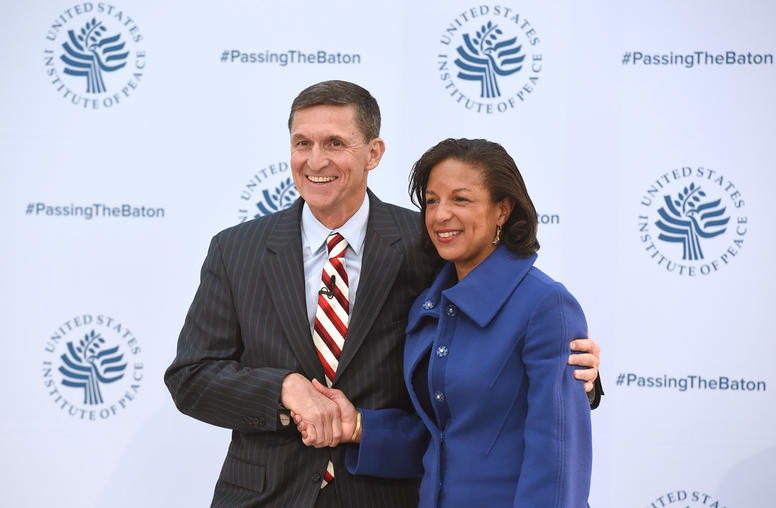
Kerry, Rice, Flynn Talk Foreign Policy
Secretary of State John Kerry and National Security Advisor Susan Rice and designated incoming National Security Advisor Michael Flynn are among the Cabinet-level and other senior foreign policy and national security figures from the outgoing and incoming administrations gathering on Tuesday, Jan. 10 at USIP for a day of discussion about the global challenges facing the United States in the coming months and years.
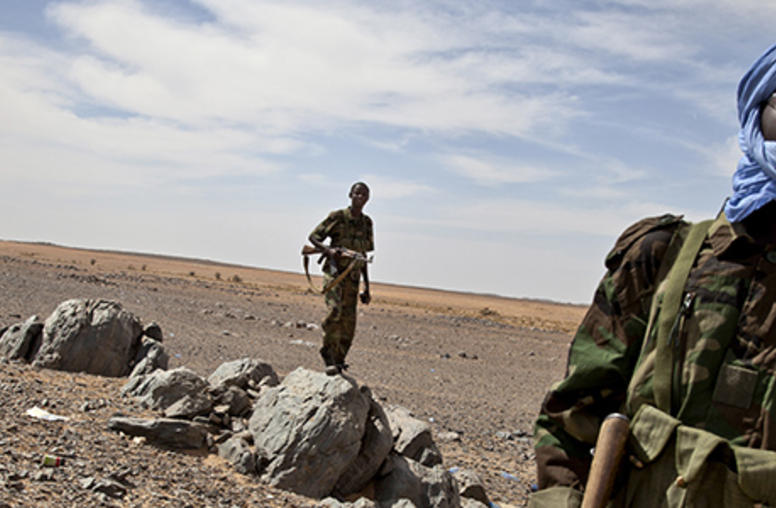
Q&A: The Siege in Mali
As militant gunmen seize a hotel in the capital of the West African state of Mali, U.S. Institute of Peace Program Specialist Emily Fornof offers context for the incident. Fornof served as a Peace Corps volunteer in Mali, and is conducting graduate research on the country’s conflicts at George Mason University.
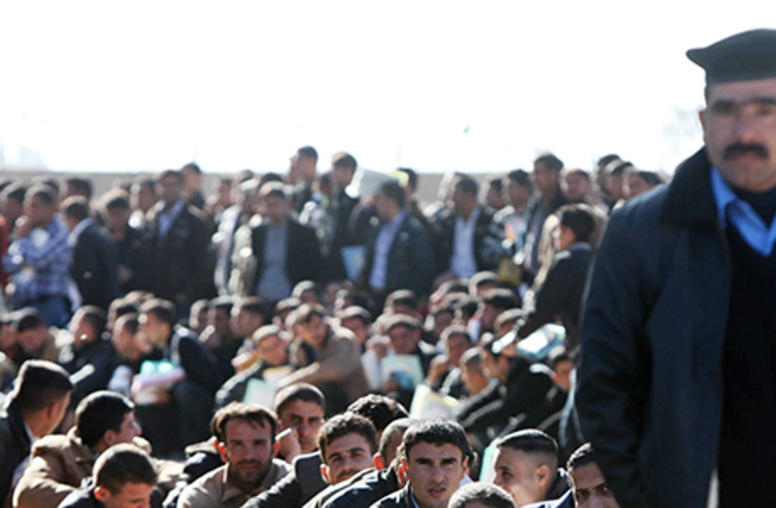
Iraq Research: Sense of Injustice Is Key to Violent Extremism
Three years of public polling in Iraq by Mercy Corps has put hard figures to an often-cited theory about the spread and attraction of violent extremism. More than poverty, joblessness or any other dispute or social ill, it is the perception—or reality—of injustice that fuels support for armed opposition groups.
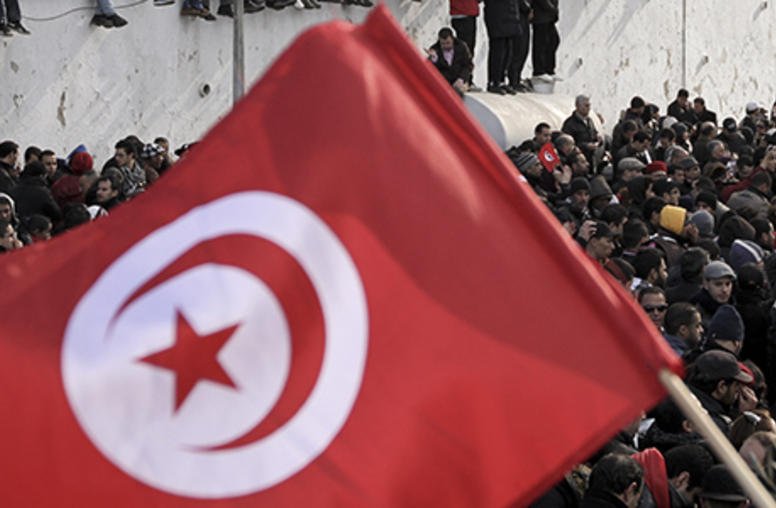
Tunisia’s Revolution: Five Years On, What Lies Ahead
In the wake of the 2011 Arab Spring uprisings, Tunisia stands alone. As other countries in the upheaval have splintered into civil war or returned to dictatorship, Tunisia’s Jasmine Revolution, on its fifth anniversary, remains on a peaceful, democratic path with an elected parliament and coalition government bound by a constitution. At the same time, the specter of a weakening economy, rising violent extremism and an increasingly disillusioned public tugs at the future.
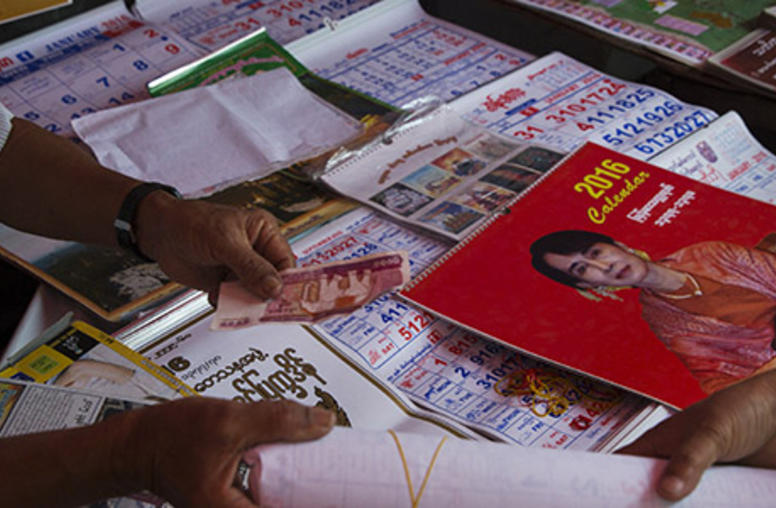
Q&A: Myanmar’s New Parliament with Suu Kyi Party Majority
Myanmar’s transition to representative democracy reaches another milestone on Feb. 1: A new parliament begins work with a majority of its members for the first time belonging to the National League for Democracy (NLD), the party led by Nobel Peace Prize laureate Aung San Suu Kyi. Priscilla Clapp, a former American diplomat in Myanmar and U.S. Institute of Peace specialist on the country, discusses the next steps and the likely effect of the change on Myanmar’s political, economic and societal...
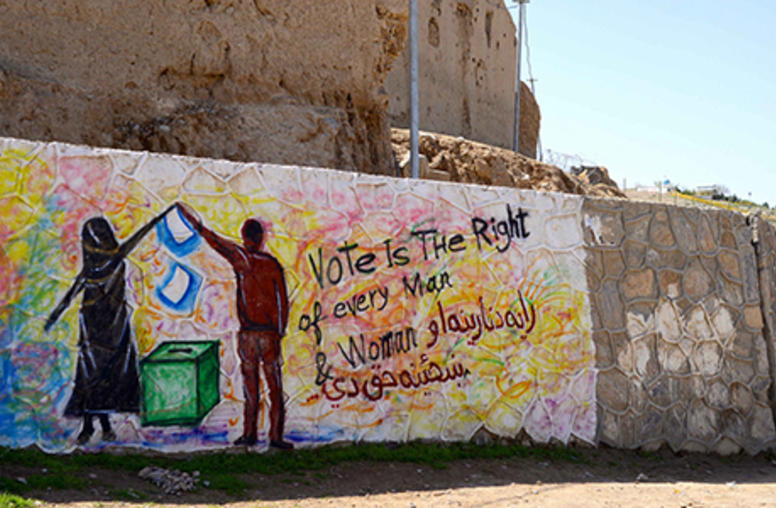
In Afghanistan, No Leadership Means No Elections
The only way for Afghanistan to avert electoral disaster is if the Ghani government and parliament act together to take cohesive and swift action.
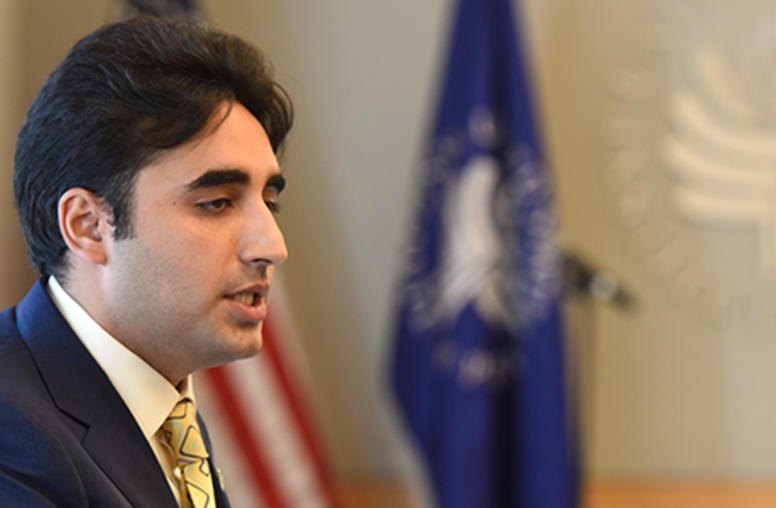
Bhutto Zardari: Pakistan Should Expand Counterterrorism Activities to All Provinces
The Pakistani government of Prime Minister Nawaz Sharif must expand its counterterrorism operations to all provinces and implement a 2015 national plan to achieve the stated goal of eradicating militant groups, said Bilawal Bhutto Zardari, leader of the opposition Pakistan People’s Party. Failure to take these steps risks undermining the nation’s fragile progress, he said.
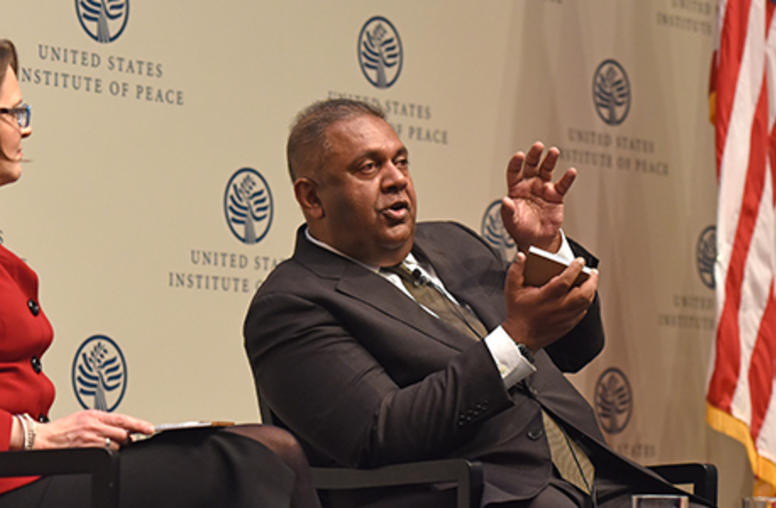
Sri Lanka Steps Carefully in Shaping Courts to Try War Atrocities
The Sri Lankan government expects to decide within six months the shape of special courts to address war crimes committed in the country’s 26-year civil war, its foreign minister said at the U.S. Institute of Peace. The courts will include “international participation”—with foreign professionals perhaps serving as investigators, judges or prosecutors—said Foreign Minister Mangala Samaraweera. But in a reflection of the political sensitivities of the post-war reconciliation effort, Samaraweera...
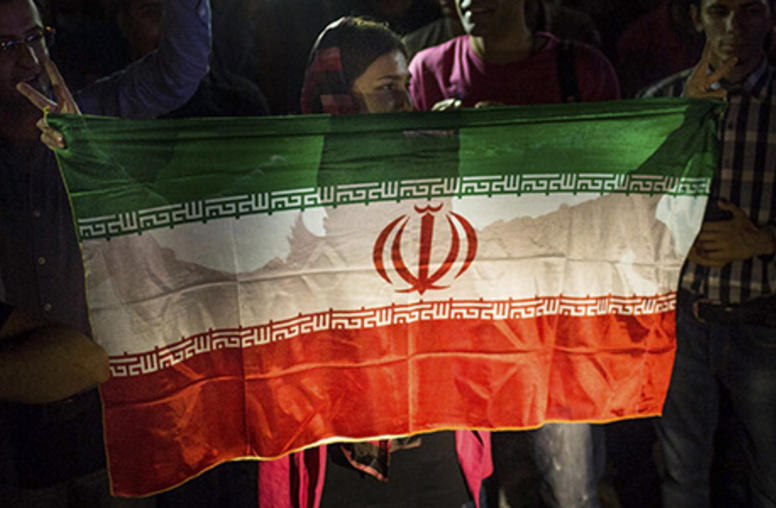
Q&A: Iran’s Elections Erode Hardliners’ Dominance
Results from Iran’s elections last week show that reformists, centrists and independents—including many new faces—won seats in both parliament and the clerical Assembly of Experts at the expense of hardliners. Garrett Nada, the assistant editor of The Iran Primer at the U.S. Institute of Peace, discusses the implications.
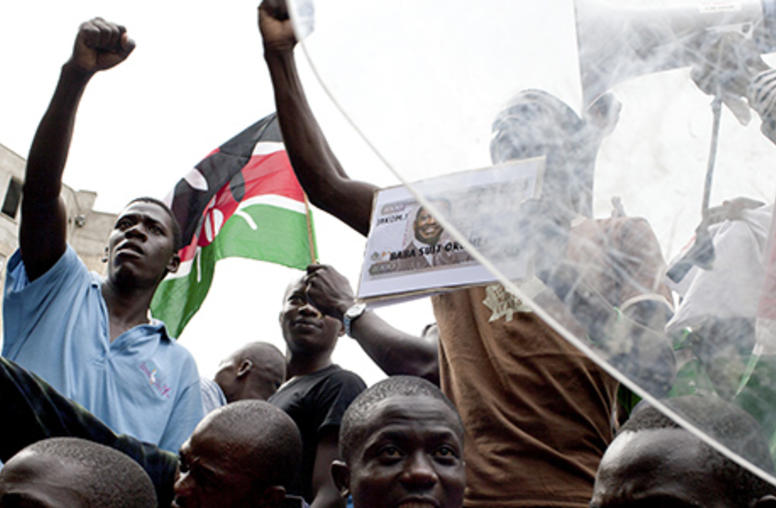
International Election Fraud Alerts May Spark Violence
Condemnations of election fraud by international monitors have become staples of global efforts to advance democratic practices and honor the will of a country’s citizens. But what if these denunciations actually make things worse? That was the finding from three years of research conducted by the winner of the U.S. Institute of Peace’s first Peace Dissertation Prize, Inken von Borzyskowski.